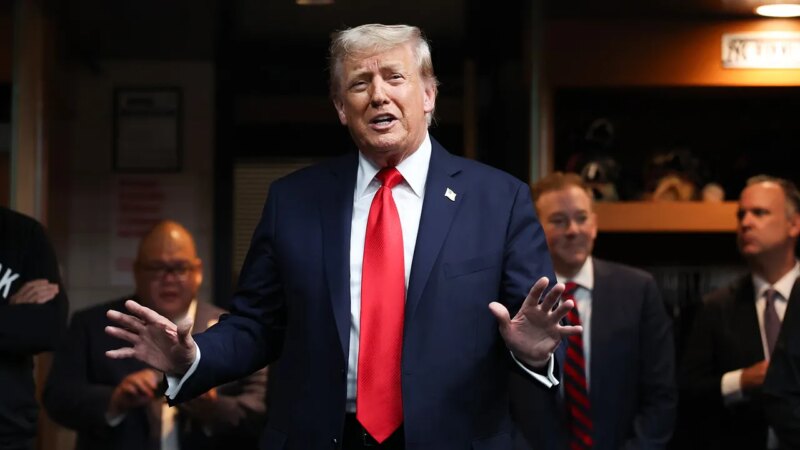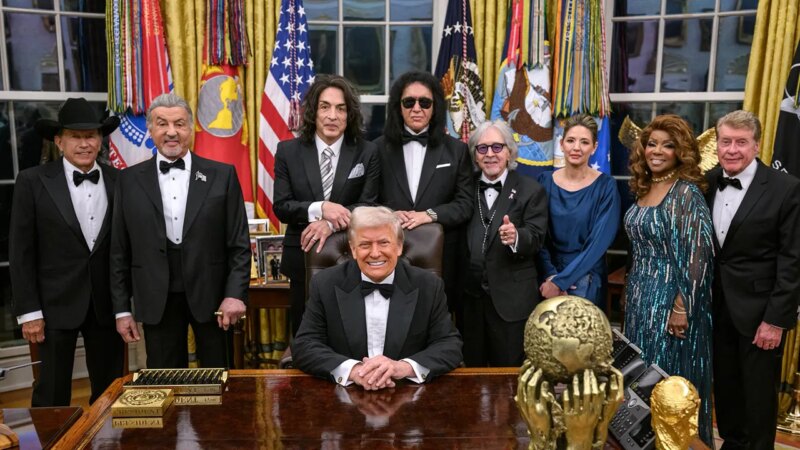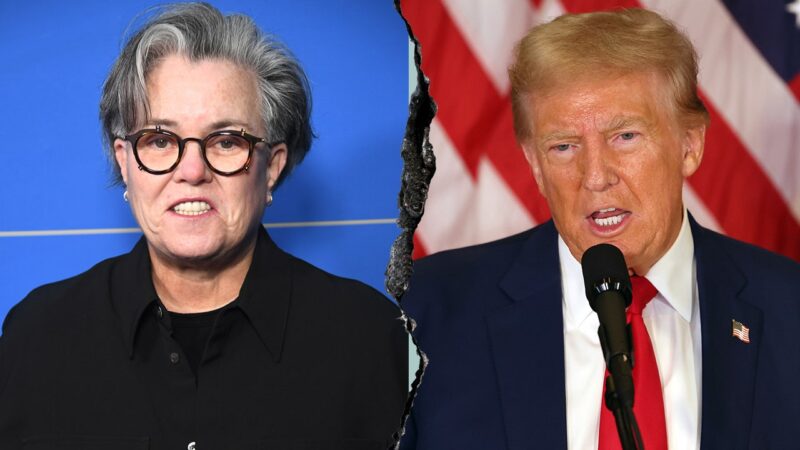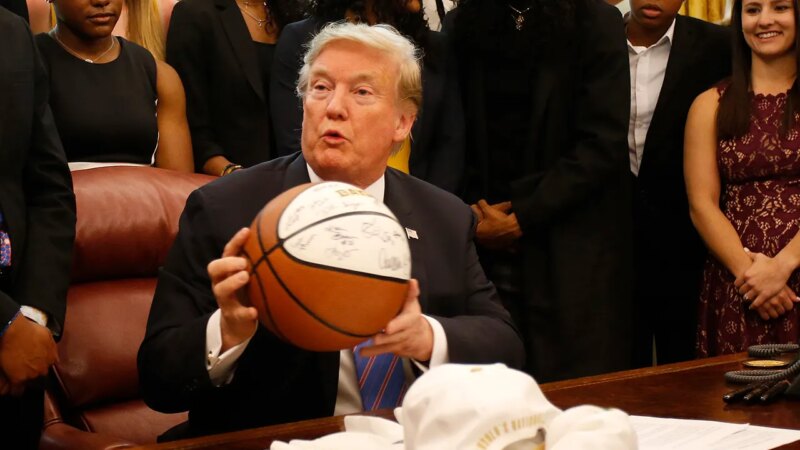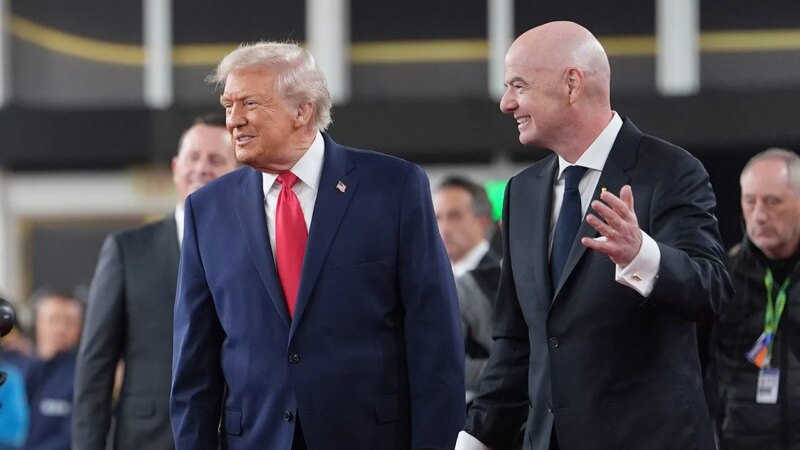Trump warns ‘hell to pay’ if Honduras alters presidential election results
NEWYou can now listen to Fox News articles!
President Donald Trump threw himself in the middle of Honduras’ razor-thin presidential race on Monday, warning that there would be “hell to pay” if election officials altered the results.
Writing on Truth Social, Trump, without offering evidence, accused Honduras of “trying to change the results.”
“If they do, there will be hell to pay! The people of Honduras voted in overwhelming numbers on November 30th,” Trump said.
The president’s remarks came hours after Ana Paola Hall, president of the National Electoral Council, wrote on X that the preliminary rapid reporting system that began providing results Sunday night had reached its conclusion with votes 57% tallied.
TRUMP PLANS ‘FULL AND COMPLETE PARDON’ FOR FORMER HONDURAN PRESIDENT CONVICTED OF DRUG TRAFFICKING

U.S. President Donald Trump delivers remarks during a meeting with New York City Mayor-elect Zohran Mamdani in the Oval Office of the White House on November 21, 2025 in Washington, DC. (Andrew Harnik/Getty Images)
Their count showed a close race between two conservative candidates, Nasry Asfura of the National Party and Salvador Nasralla of the Liberal Party, with Asfura holding a narrow lead of only a few hundred votes. Rixi Moncada, the democratic socialist LIBRE candidate, trailed roughly 20 percentage points behind.

Rixi Moncada, LIBRE’s candidate, is a prominent lawyer, financier, and former Minister of National Defense, (ASSOCIATED PRESS)
“It is imperative that the Commission finish counting the Votes,” Trump wrote. “Hundreds of thousands of Hondurans must have their Votes counted. Democracy must prevail!”
Officials have said the count would continue but did not specify when updated totals would be released, and parts of the council’s online system appeared to have been taken down.
AOC PUSHES BACK AFTER GOP LAWMAKER CALLS MAMDANI’S ARABIC CAMPAIGNING A ‘HUMILIATION’
Just before the freeze, Trump had endorsed Asfura, calling him the “only Honduran candidate his administration would work with and saying he would fight “narco-communists” alongside the U.S.

Nasry Asfura, presidential candidate for the National Party, shows his inked finger afterv voting in general elections in Tegucigalpa, Honduras, Sunday, Nov. 30, 2025. (AP Photo/Moises Castillo)
Both leading candidates have pointed to the close tally as evidence that they are ahead – though both men have stopped short of declaring victory.
CLICK HERE TO DOWNLOAD THE FOX NEWS APP
Trump’s announcement that he would pardon former Honduran President Juan Orlando Hernández, who is now serving a 45-year U.S. sentence – also loomed large over the race, underscoring how U.S. politics can intrude in the country’s politics.

Presidential candidate Salvador Nasralla, of the Liberal Party, shows his ballot during general elections in Tegucigalpa, Honduras, Sunday, Nov. 30, 2025. (AP Photo/Moises Castillo)
Trump’s latest warning injects new pressure into an already hostile post-election environment. The outcome will determine whether the Latin American country shifts away from the ruling LIBRE party and have deep impacts on its future relationship with Washington.
